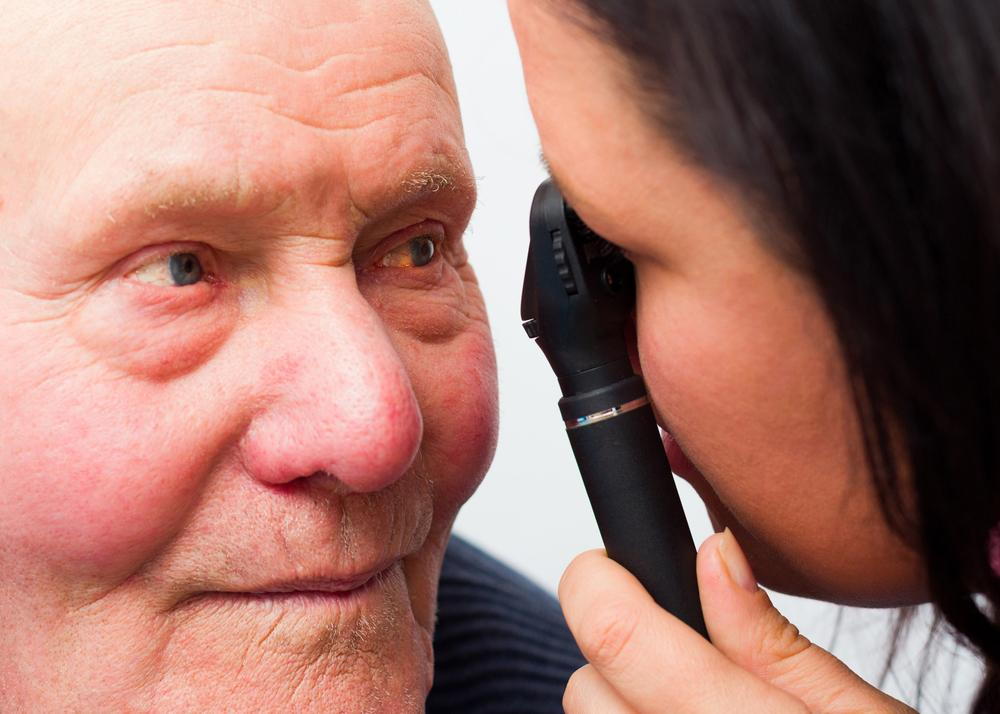Featured
Chronic eye problems, such as glaucoma, macular degeneration, and diabetic retinopathy, call for recurring treatment to maintain vision and preserve high quality of life. Efficient monitoring of these conditions entails a mix of clinical therapy, way of life changes, and normal surveillance. Right here's just how clients can organize their eye health and take care of persistent eye problems successfully.
Among the most essential steps in managing persistent eye conditions is sticking to your medical professional's referrals. This includes:
![]()
Utilizing proposed medications: Take eye declines, oral medicines, or injections as directed to control signs or slow-moving illness development.
Going to routine examinations: Regular sees to an eye care specialist permit timely adjustments to your therapy strategy and early detection of adjustments in your problem.
Undergoing required procedures: Some problems, like glaucoma or retinal disorders, might require medical or laser interventions to avoid additional damage.
Your overall health considerably affects your eye health and wellness. Taking on a healthy and balanced way of living can minimize the risk of problems and improve outcomes.
Consume a well balanced diet plan: Nutrient-rich foods, such as leafy environment-friendlies, fish high in omega-3 fats, and fruits, container support eye wellness.
Exercise routinely: Physical task boosts blood flow, which benefits the eyes by guaranteeing they get appropriate oxygen and nutrients.
Manage persistent conditions: If you have diabetes, hypertension, or other systemic conditions, keep them in control to avoid worsening eye concerns.
Prevent cigarette smoking: Smoking enhances the risk of developing or worsening chronic eye problems, consisting of macular degeneration and cataracts.
![]()
Preventing more damage to your eyes is crucial in taking care of chronic problems:
Use safety eyeglasses: Usage sunglasses with UV security to protect your eyes from dangerous rays and decrease the danger of complications.
Limit display time: Excessive screen direct exposure can stress your eyes. Practice the 20-20-20 policy-- look at something 20 feet away for 20 secs every 20 minutes.
Keep appropriate lighting: Prevent stressing your eyes by making certain adequate lighting when functioning or reading.
Understanding your condition equips you to make informed decisions about your care. Ask your eye care provider about:
The development and possible end results of your problem.
Indications and symptoms that need instant attention.
Readily available sources, such as support system and academic materials.
![]()
Dealing with a persistent eye condition can be emotionally tough. Consider:
Signing up with support system: Sharing experiences with others in comparable scenarios can give convenience and practical tips.
Talking to a counselor: Specialist guidance can help you manage the emotional effect of vision changes.
Verdict
Taking care of persistent eye problems calls for a positive and detailed approach. By adhering to medical recommendations, adopting a healthy way of living, shielding your eyes, and looking for assistance, you can efficiently navigate the difficulties of these conditions and protect your vision. Normal communication with your eye care service provider is essential to ensure your management plan continues to be effective and customized to your needs.
- Follow Medical Guidance and Treatment Plans
Among the most essential steps in managing persistent eye conditions is sticking to your medical professional's referrals. This includes:

Utilizing proposed medications: Take eye declines, oral medicines, or injections as directed to control signs or slow-moving illness development.
Going to routine examinations: Regular sees to an eye care specialist permit timely adjustments to your therapy strategy and early detection of adjustments in your problem.
Undergoing required procedures: Some problems, like glaucoma or retinal disorders, might require medical or laser interventions to avoid additional damage.
- Preserve a Healthy Lifestyle
Your overall health considerably affects your eye health and wellness. Taking on a healthy and balanced way of living can minimize the risk of problems and improve outcomes.
Consume a well balanced diet plan: Nutrient-rich foods, such as leafy environment-friendlies, fish high in omega-3 fats, and fruits, container support eye wellness.
Exercise routinely: Physical task boosts blood flow, which benefits the eyes by guaranteeing they get appropriate oxygen and nutrients.
Manage persistent conditions: If you have diabetes, hypertension, or other systemic conditions, keep them in control to avoid worsening eye concerns.
Prevent cigarette smoking: Smoking enhances the risk of developing or worsening chronic eye problems, consisting of macular degeneration and cataracts.
- Protect Your Eyes

Preventing more damage to your eyes is crucial in taking care of chronic problems:
Use safety eyeglasses: Usage sunglasses with UV security to protect your eyes from dangerous rays and decrease the danger of complications.
Limit display time: Excessive screen direct exposure can stress your eyes. Practice the 20-20-20 policy-- look at something 20 feet away for 20 secs every 20 minutes.
Keep appropriate lighting: Prevent stressing your eyes by making certain adequate lighting when functioning or reading.
- Educate Yourself
Understanding your condition equips you to make informed decisions about your care. Ask your eye care provider about:
The development and possible end results of your problem.
Indications and symptoms that need instant attention.
Readily available sources, such as support system and academic materials.
- Seek Emotional Support

Dealing with a persistent eye condition can be emotionally tough. Consider:
Signing up with support system: Sharing experiences with others in comparable scenarios can give convenience and practical tips.
Talking to a counselor: Specialist guidance can help you manage the emotional effect of vision changes.
Verdict
Taking care of persistent eye problems calls for a positive and detailed approach. By adhering to medical recommendations, adopting a healthy way of living, shielding your eyes, and looking for assistance, you can efficiently navigate the difficulties of these conditions and protect your vision. Normal communication with your eye care service provider is essential to ensure your management plan continues to be effective and customized to your needs.
Latest Posts
Experience You Can Depend On with Bathroom Fitter City Detroit
Published May 03, 25
1 min read
Looking for the Best Mechanic Close By? Trust Car-X St. Louis for Your Vehicle Maintenance
Published May 03, 25
1 min read
Searching for Full-Service Vehicle Service Near Me? Car-X St. Louis Offers Convenience and Convenience
Published May 03, 25
1 min read
More
Latest Posts
Experience You Can Depend On with Bathroom Fitter City Detroit
Published May 03, 25
1 min read
Looking for the Best Mechanic Close By? Trust Car-X St. Louis for Your Vehicle Maintenance
Published May 03, 25
1 min read
Searching for Full-Service Vehicle Service Near Me? Car-X St. Louis Offers Convenience and Convenience
Published May 03, 25
1 min read